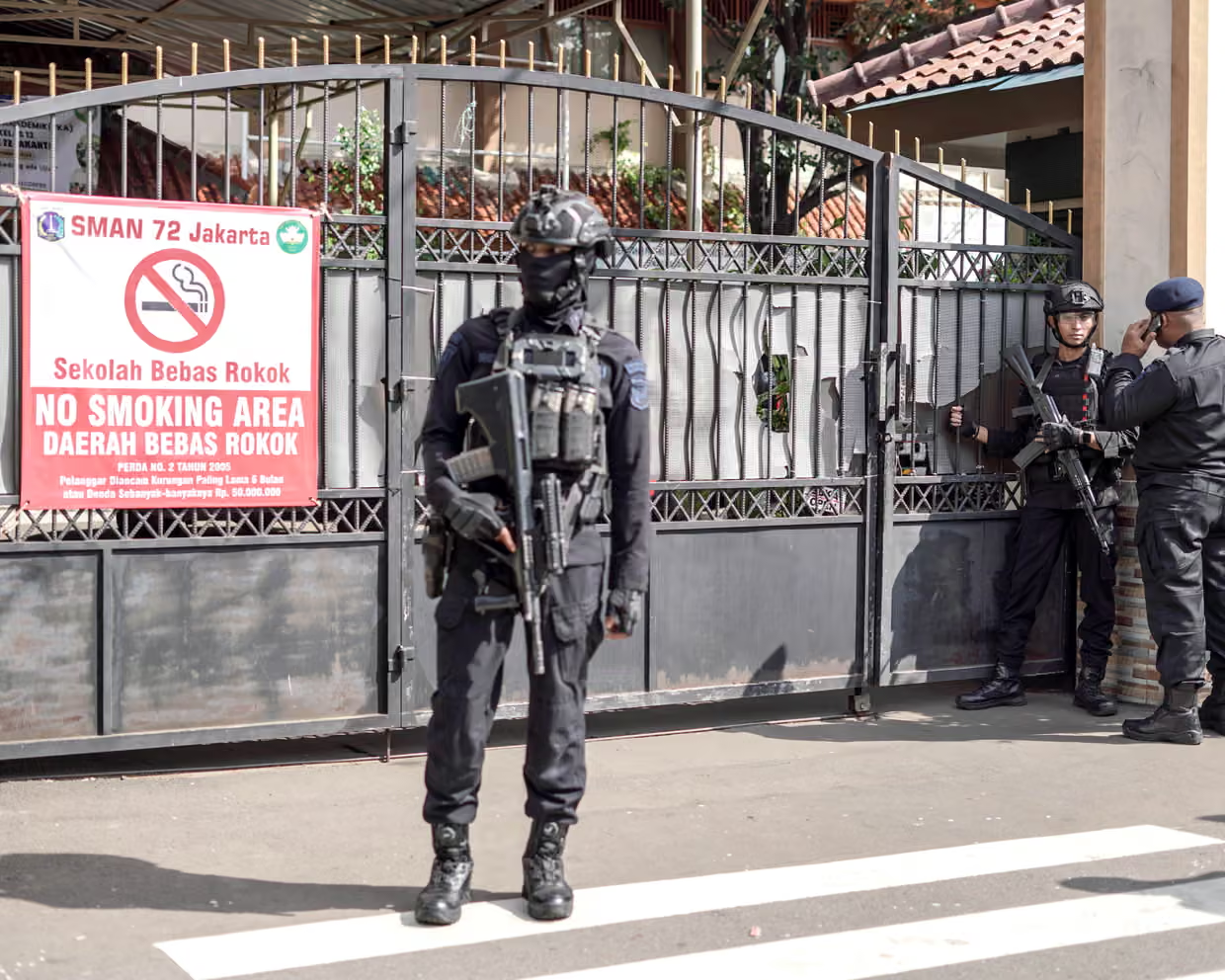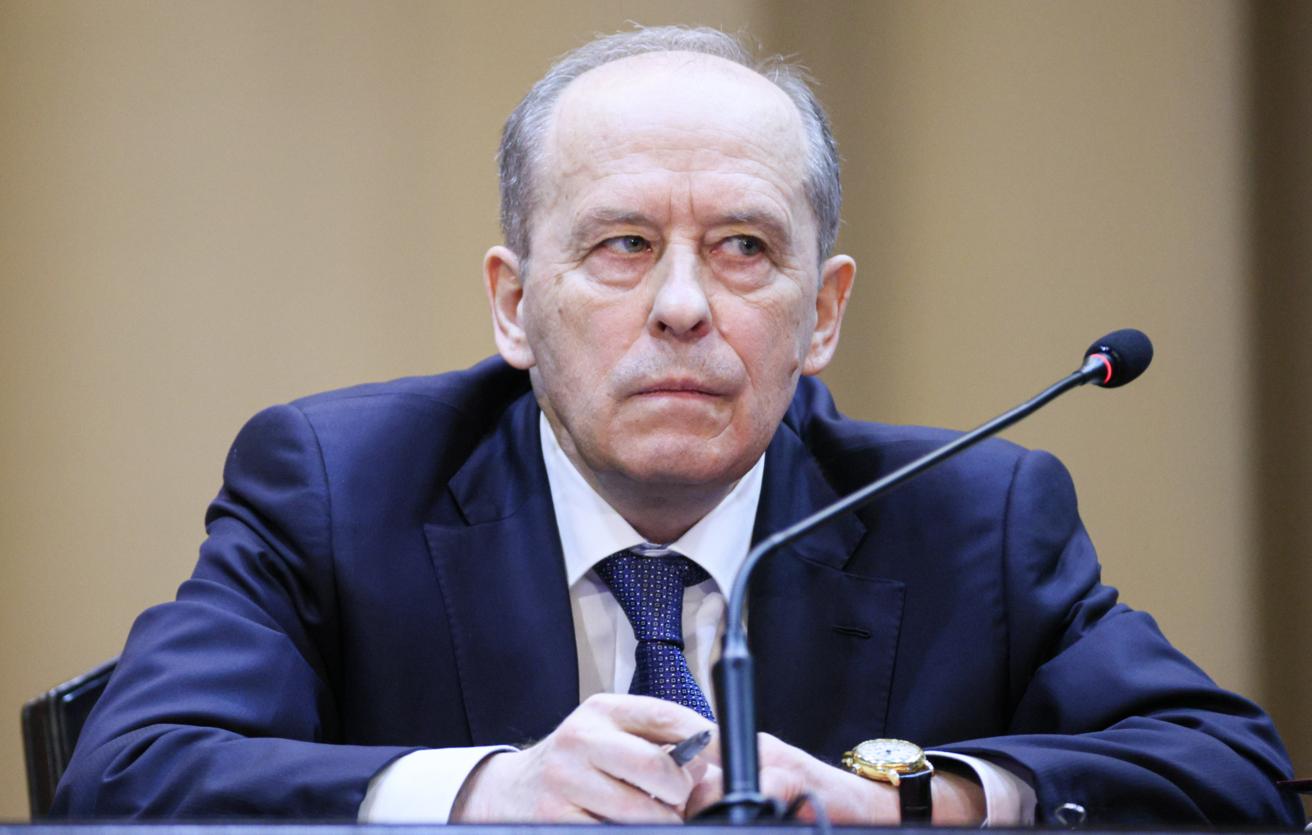Iran’s Sunni Baloch Extremists Operating from Bases in Pakistan
Iran’s Sunni Baloch Extremists Operating from Bases in Pakistan
An Iranian Sunni extremist group operating out of hideouts in southwestern Pakistan, Jaysh al-Adl (JA – Army of Justice), has started to threaten Iran’s security and darken relations between Tehran and Islamabad.
Days after JA abducted five border guards from a remote border post in southeastern Iran on February 6, Iranian Interior Minister Abdolreza Rahmani Fazli warned Iran could send forces into Pakistan’s Balochistan Province to free the captives: "If Pakistan doesn’t take the needed steps to fight against the terrorist groups, we will send our forces onto Pakistani soil… We will not wait" (Dawn [Karachi], February 18).
Pakistan reacted cautiously. The Foreign Ministry said Islamabad "regrets the suggestions of negligence" put forward by Iran. The statement reminded Tehran of Pakistan’s "active support against terrorist groups in the past," but emphasized that "the Iranian forces have no authority to cross our borders in violation of the international law. We must respect each other’s borders." [1]
The two sides agreed to meet to discuss ways to curb cross-border terrorism. After a three-day meeting in Quetta, the capital of Balochistan, Islamabad agreed to help Tehran with recovering the kidnapped guards. "Pakistan will act if we get any information regarding the presence of kidnapped Iranian soldiers on our soil," pledged Babar Yaqoob Fateh Muhammad, a senior Balochistan official (Dawn [Karachi], February 21). Two weeks later, another Balochistan official said Iranian claims about the presence of JA militants in remote parts of the province had been proven wrong. Asad Gilani, one of the most senior civilian security officials in Balochistan, said Iranian tips about militant hideouts inside Balochistan had not borne fruit. [2]
JA is strengthened by multiple conflicts brewing in the Baloch homeland, a vast desert on the Iranian Plateau that spans Afghanistan, Pakistan and Iran along the Arabian Sea. Thousands of civilians and soldiers have died and hundreds of thousands have been displaced by Baloch separatist violence and military crackdowns in Pakistan since 2003.
JA’s shadowy nature makes it difficult for Iran and Pakistan to cooperate to contain or shut down the group. It appears to be the largest and most active Sunni organization targeting government forces in Iran’s impoverished southeastern province of Sistan-Balochistan. The nearly two million residents of the region are mostly Sunni Muslims and ethnic Baloch. The Baloch have long-standing grievances against Shi’ite-led Iran. Tehran’s dismissive treatment of the Baloch since the Islamic revolution in 1979 has only aggravated grievances and provoked Sunni radicalism.
JA appears to have absorbed a large part of Jundullah (God’s Soldiers), a Sunni extremist group that has conducted raids and suicide bombings inside southeastern Iran for the past decade. Both groups have maintained strong ties to Pakistan’s anti-Shi’ite Sunni extremists since the 1990s and their leaders have sheltered inside Pakistan.
The first known Iranian Baloch militant faction was the Sipah-e-Rasoolallah (Army of the Prophet of Allah). Its leader was a little-known Iranian Baloch figure, Maula Bux Darakhshan, who launched cross-border attacks in Iran’s Sistan-Balochistan from hideouts in Pakistan. He was believed to be hiding in Kech, a Balochistan district. Darakhshan was eventually killed by Iranian forces, prompting Sipah-e-Rasoolallah to merge with Jundallah in 2006 (The News [Islamabad], December 11, 2013).
In subsequent years, attacks attributed to Jundallah in Sistan-Balochistan killed hundreds of civilians and soldiers. The group also kidnapped Iranian border guards. It was suspected of involvement in an ambush on Iranian President Mahmud Ahmadinejad’s motorcade in 2005 that killed one of the president’s bodyguards. Large car bomb attacks killed scores of Iranian officials and soldiers in 2006 and 2007. After a suicide bombing in October 2009 that killed 42 people, including senior commanders of the elite Revolutionary Guards, Tehran accused Islamabad of backing Jundallah and protecting its leader, Abdul Malik Rigi (RFE/RL, October 20, 2009).
Tehran captured Rigi in February 2010. He was hanged that June, but Jundallah was not defeated. It claimed responsibility for the July 2010 bombings that killed more than 20 Shi’ite worshipers in a mosque in Zahedan, the capital of Sistan-Balochistan. Similar attacks targeted scores of Shi’ites in Chabahar in December 2010 and October 2012. Tehran blamed Jundallah for the attacks (Press TV [Tehran], October 21, 2012). A faction of Jundallah continues to operate out of Pakistan under the leadership of Haji Muhammad Zahir, but little reliable information has emerged about his strength and the activities of his forces.
In 2012, many Jundallah members merged into Jaysh al-Adl. Two little-known figures, Salahuddin Farooqui and Mullah Omar, were named leaders of the new organization (Omar is not related to the Afghan Taliban leader). In its first major attack, the JA killed 14 Iranian border guards in October 2013. Tehran retaliated by executing 16 Baloch men it branded as "bandits." Iranian forces also carried out missile strikes targeting the suspected JA leadership inside Pakistan. The strikes in the remote Turbat district of Balochistan were acknowledged and condemned by the region’s most senior civilian politician, Chief Minister Abdul Malik Baloch (The News [Islamabad], December 11, 2013).
JA is likely to continue to complicate relations between Islamabad and Tehran. Pakistan has not won Iranian favor by its move to back Saudi Arabia’s pro-rebel position in the Syrian war. Islamabad has refuted reports that it agreed to provide Syrian rebels with weapons paid for by Saudi Arabia but has not denied other reports that it will provide manpower to train Syrian rebels in Jordan (The Express Tribune [Islamabad], February 24; February 26).
Abubakar Siddique is a journalist with RFE/RL and the author of The Pashtun Question: The Unresolved Key to the Future of Pakistan and Afghanistan (London: Hurst and Company, 2014).
Notes
1. Pakistan Ministry of Foreign Affairs, "Reaction to the reported statement made by Iranian Interior Minister Abdolreza Rahmani Fazli," February 18, 2014. Available at: https://www.mofa.gov.pk/pr-details.php?prID=1737.
2. Khudai Noor Nasir, "Pakistani Official Says Iran’s Information about Rebels Wrong." March 7, 2014, https://gandhara.rferl.org/content/pakistan-irans-information-about-rebels-wrong/25289350.html.


